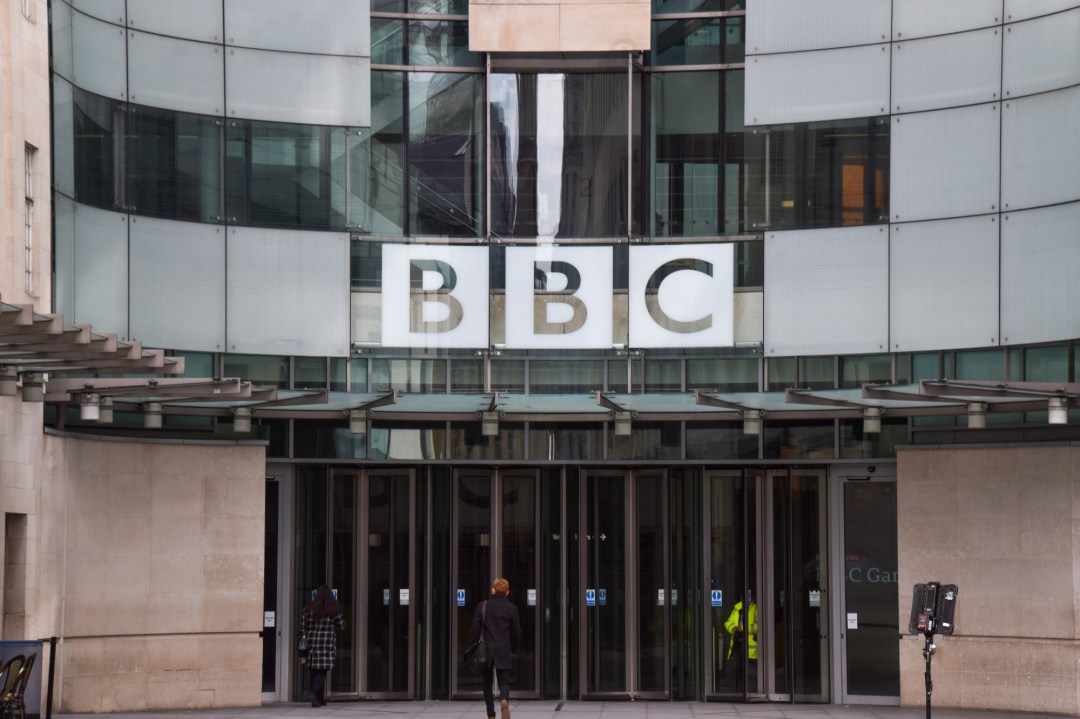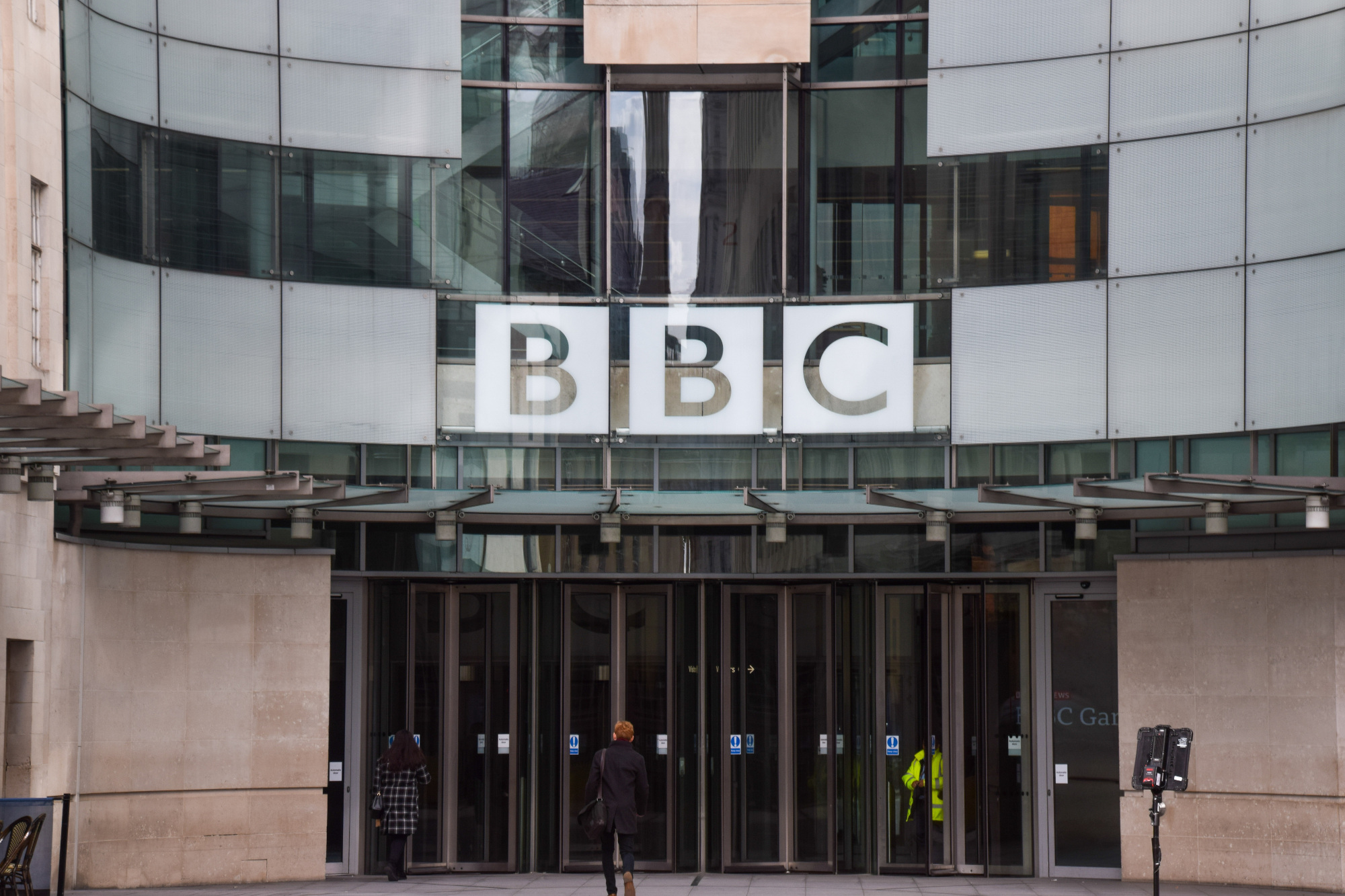I may be the last person in the UK to have seen the 1999 film Human Traffic (rereleased last month). Justin Kerrigan’s inspired, low-budget comedy – which I watched this week – is about a group of clubbers and ecstasy-heads out for a night’s fun in Cardiff. Starring actors like John Simm, Shaun Parkes and Danny Dyer, it not only showed a reckless abandonment to hedonism now consigned to history, but also celebrates the kinds of friendships among the young which you suspect, in an age of social media, don’t even exist anymore.
In their desire to make workplaces ‘safe’, HR managers have steadily turned them into potentially career-ending danger zones
This disparate group of people, all with the drabbest of day-jobs, meet in a pub each Friday to prepare themselves for the chemical onslaught of the night ahead, desperate for the walls between them to dissolve: ‘We’ve all got to try and get on the same level together… so we feel like a unit when we hit the club.’ Though occasionally they turn on each other in drug-fuelled paranoia, they’re still there for one another, forgiving indiscretions, sometimes baring their souls, always ready to congregate at the usual pub table to enjoy each other and lend moral support. Getting decidedly mixed reviews on its release, Human Traffic is now seen as one of those zeitgeisty films about a lost world.
Quite how lost that world really is comes home with an article published in a broadsheet this week about the BBC, revealing (hang onto your pearls) that an unnamed ‘prominent female presenter… ranked among the corporation’s top 50 highest-paid employees’ once showed ‘a lewd picture to a colleague… [an] unsolicited nude photograph of an unknown man.’
The traumatised colleague – who presumably never watches the BBC or any other channel after 9 p.m. – is said to have been ‘a junior member of staff.’ A source at the BBC acknowledged that the move was meant only to be ‘jokey, locker-room type banter’ and that an apology had been made to the young woman involved, but that she had been ‘completely horrified’ and said she ‘cried about it.’
Perhaps the photo was unusually graphic, or the young woman’s religion (if she had one) was a factor. Perhaps there’s a wider context to it all. Doubtless there will be apologies, shamings, even sackings, and it will all come out. ‘As soon as the name of this woman – and details of her bad behaviour – are unleashed,’ the source adds, ‘it will derail entire departments and mark the first female to be formally swept up into the BBC’s wrongdoing roll call.’ Yet, until we’re told more, many might consider this a slight overreaction to a naughty photograph. Are scores being settled, by any chance?
One feels, despite everything, sorry for the BBC. There it is, the bloated, sermonising, tumour-ridden Leviathan beset by endless scandal and accusations of bias or ‘selective reporting’. In a world where it’s no longer trusted, heeded nor esteemed, where competing services (YouTube among them) offer more relevant and compelling content, it still makes its annual financial demand on us – like some toothless old gangster trying to run a protection racket long after the triads have moved in. One understands too the corporation’s hysteria following genuine scandals like that of Jimmy Savile or Huw Edwards. The ice on which the BBC stands grows thinner and more brittle by the day. Yet seeing stories like the above, coming so closely after the recent sacking of John Torode from MasterChef, the words ‘witch hunt’ come to mind. This is something that should concern us all.
You could break down the complex of people who have helped engineer this joyless, sullen atmosphere over the past decade. There’s the trembling, litigious worker dashing to HR when certain pieties are infringed. The HR manager’s pharisaic, ovine concern – ‘We take your hurt very seriously. This company should be a safe space for all its workers.’ The newspaper editors who, should the case come to light, print po-faced articles, inflaming the outrage; the columnists who join in, clicking their tongues for clickbait. And the rest of us, mostly too scared to say what we are thinking: ‘For God’s sake stop being so silly. Is this what we Brits have become?’
It may be that in an ideal world you wouldn’t show naked pictures of anyone to a work colleague (one senses the scolds, puritans and careerists about to have a field day) but in an even more ideal world (which many of us recall) your colleague, even one bereft of humour, might at least have had a sense of proportion. You wouldn’t have been reported and a simple apology, should anyone require one, would have sufficed.
A prim, zero-tolerance, panicky atmosphere at work – and its eager cheerleading by an assenting media class – is good news for no one, nor does it lead to a happier or more efficient company. More likely it means greater isolation, less trust and goodwill, more people having sleepless nights worrying about things they’ve said at work, and their possible misinterpretation. It means fewer jokes, less laughter, more of us opting for a risk-free blandness of manner that’s an insult to the personalities and talents we’ve been given. More people may opt to work from home, and who can blame them? In their desire to make workplaces ‘safe’, HR managers have steadily turned them into potentially career-ending danger zones. ‘Bring your whole self to work,’ went the slogan a few years ago. Was that someone’s sick joke? Most of us these days would hesitate to bring our whole selves to a WhatsApp chat with a close family member.
A scene from Human Traffic, in fact, comes to mind. It’s four a.m. in the morning, the ecstasy’s wearing off and a roomful of party guests – so full of empathy and the urge to confide and commiserate a few hours before – are trying to deal with the worst comedown in history. They sit about, these people who once connected, now silent and faintly hostile, trying to dodge each other’s eyes in the awful grey light of dawn. Each one has become the other’s potential informer, judge and social executioner: ‘The only thing you’ve got in common now is paranoia. It’s coming through the walls man.’
Who knew then that director Justin Kerrigan would be describing an entire country, 25 years on?








Comments